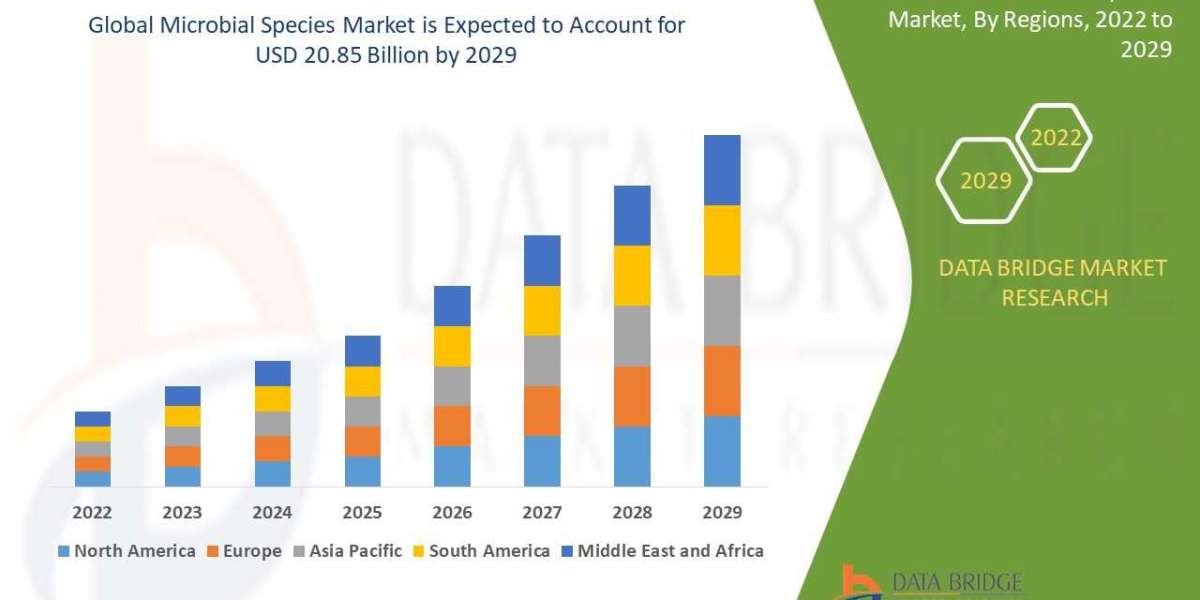Understanding Generative AI in Insurance
Generative AI involves using artificial intelligence models to create new content, predict outcomes, and generate insights based on existing data. In the insurance sector, generative AI in insurance can be applied to various facets, including risk assessment, claims processing, fraud detection, and customer service. By leveraging vast datasets, generative AI models can identify patterns and trends that enable insurers to make more informed decisions and offer more personalized services.
Key Applications of Generative AI in Insurance
Risk Assessment and Underwriting
One of the most significant applications of generative AI in insurance is in risk assessment and underwriting. Traditional underwriting processes often rely on historical data and standardized risk factors. Generative AI, however, can analyze vast amounts of data, including unstructured data from social media, news articles, and other sources, to create more accurate risk profiles. This enables insurers to assess risks more precisely, set appropriate premiums, and reduce the likelihood of underwriting errors.
Claims Processing
Generative AI can streamline the claims processing workflow, making it faster and more efficient. AI models can automatically analyze claims, assess the extent of damages, and predict the cost of repairs or replacements. This reduces the need for manual intervention and accelerates the claims settlement process. Additionally, generative AI can help identify fraudulent claims by detecting anomalies and inconsistencies in the data, thereby reducing the incidence of insurance fraud.
Fraud Detection
Insurance fraud is a significant concern for the industry, leading to substantial financial losses. Generative AI can enhance fraud detection capabilities by analyzing complex patterns and identifying suspicious behavior. AI models can flag potentially fraudulent claims for further investigation, helping insurers mitigate risks and reduce fraud-related losses. This proactive approach not only saves money but also enhances the integrity of the insurance system.
Personalized Customer Experience
Generative AI enables insurers to offer more personalized products and services to their customers. By analyzing customer data and preferences, AI models can generate tailored insurance policies that meet individual needs. This personalization extends to customer interactions as well, with AI-powered chatbots and virtual assistants providing instant, customized responses to customer queries. Enhanced personalization leads to improved customer satisfaction and loyalty.
Predictive Analytics
Predictive analytics is another area where generative AI excels. By analyzing historical data and identifying trends, AI models can predict future events and outcomes with high accuracy. In the insurance industry, this capability can be used for forecasting claims, assessing emerging risks, and identifying market opportunities. Predictive analytics empowers insurers to make data-driven decisions, optimize their portfolios, and stay ahead of market trends.
Benefits of Generative AI in Insurance
Enhanced Accuracy
Generative AI improves the accuracy of risk assessments, underwriting, and claims processing by analyzing vast datasets and identifying subtle patterns. This leads to more precise decision-making and reduces the likelihood of errors.
Increased Efficiency
By automating time-consuming tasks such as claims processing and fraud detection, generative AI enhances operational efficiency. This allows insurers to allocate resources more effectively and focus on strategic initiatives.
Cost Savings
Generative AI can lead to significant cost savings by reducing manual processes, minimizing fraud, and optimizing risk management. These savings can be passed on to customers in the form of lower premiums and better services.
Improved Customer Experience
Personalized products and responsive customer service enhance the overall customer experience. Generative AI enables insurers to meet individual customer needs more effectively, fostering greater satisfaction and loyalty.
Competitive Advantage
Insurers that leverage generative AI gain a competitive edge by offering more accurate risk assessments, faster claims processing, and personalized services. This positions them as leaders in the industry and helps attract and retain customers.
Conclusion
Generative AI is poised to transform the insurance industry by revolutionizing risk management, underwriting, claims processing, and customer service. At [Your Company Name], we are committed to helping insurers harness the power of generative AI to drive innovation, efficiency, and growth. Embrace the future of insurance with generative AI and redefine how you manage risk and serve your customers.




